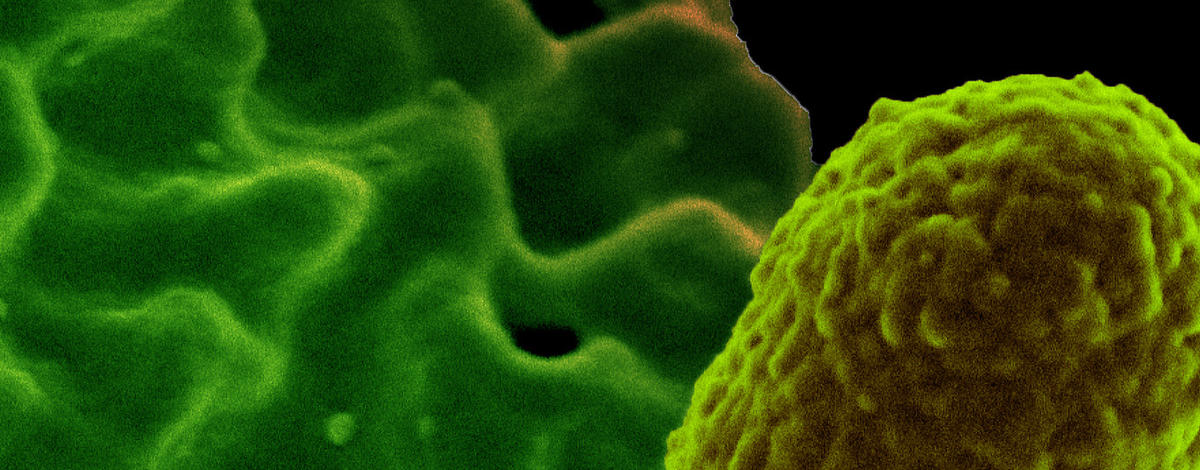Not only can disease limit wildlife populations, but some can be transmitted to humans and domestic livestock. This page provides general information on common wildlife (and fish) diseases found in Idaho.
We hope this information is helpful for sportsmen and the general public who encounter out-of-the-ordinary conditions with animals they harvest or find.
General Precautions
Idaho Fish and Game always encourages hunters and anglers to take these simple precautions, if they are handling free-ranging wildlife.
- Always wear rubber or latex gloves when field dressing or cleaning a harvested animal.
- Do not eat, drink or smoke when handling fish or wildlife.
- Do not allow pets to eat dead wildlife or feed them tissues from harvested animals or fish.
Reporting
Idaho Fish and Game examines and tests tissues from dead fish and wildlife, often supplied by the public. Here are a few suggestions on things you can do, if you encounter a sick or dead animal.
- Record observation such as odd behaviors, marks, wounds, swelling, the color and thickness of any discharge.
- Take pictures of the affected animal or wound area.
- If you collect samples or the dead animal, always wear personal protection and put specimens in double plastic bags to contain fluids and tissue.
- Report sick animals to any Fish and Game regional office, conservation officer or local law enforcement personnel.
- It is not legal to kill an animal just because it appears to be sick or injured.
For additional information, contact the Idaho Fish & Game Wildlife Health Laboratory at (208) 939-9171.

